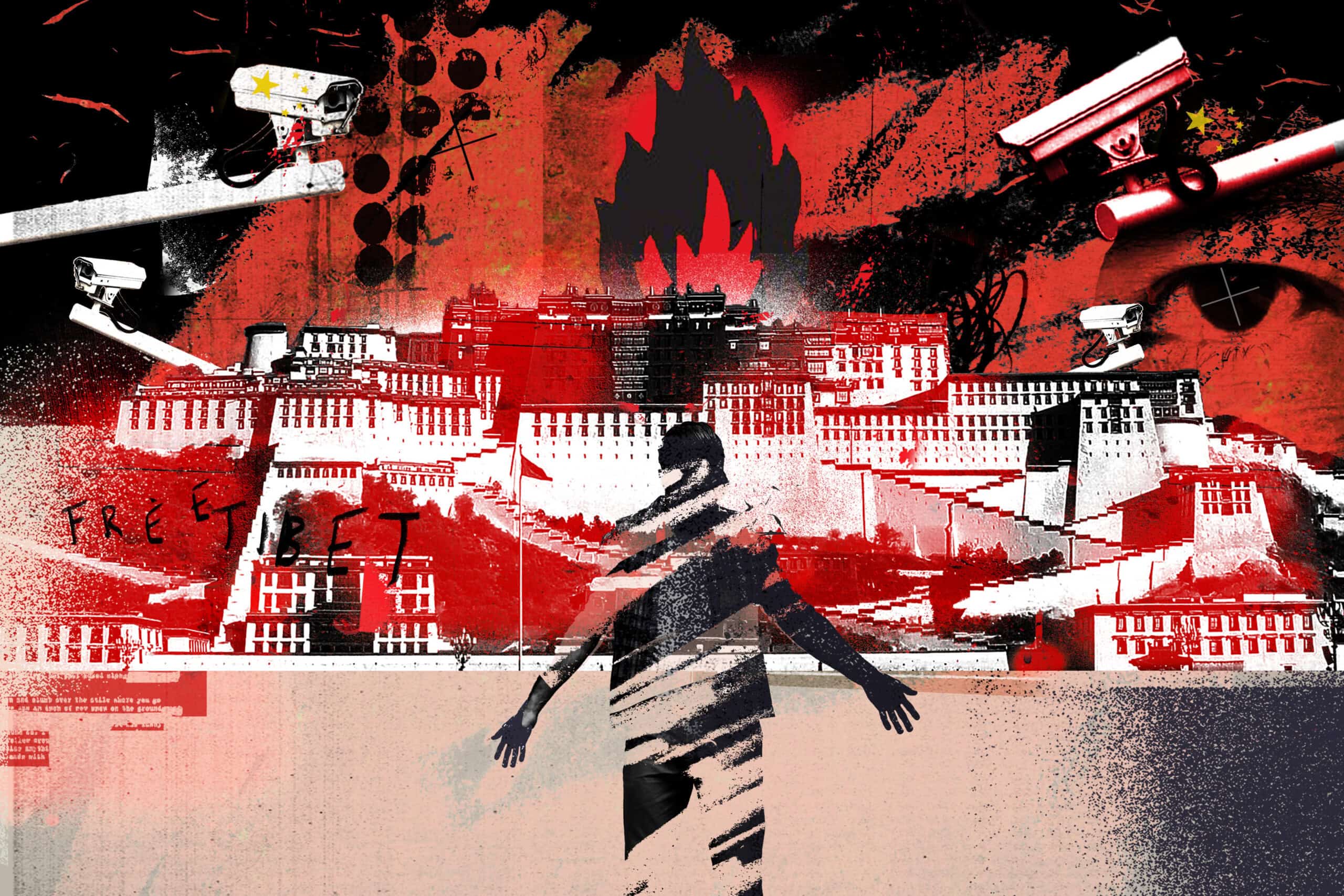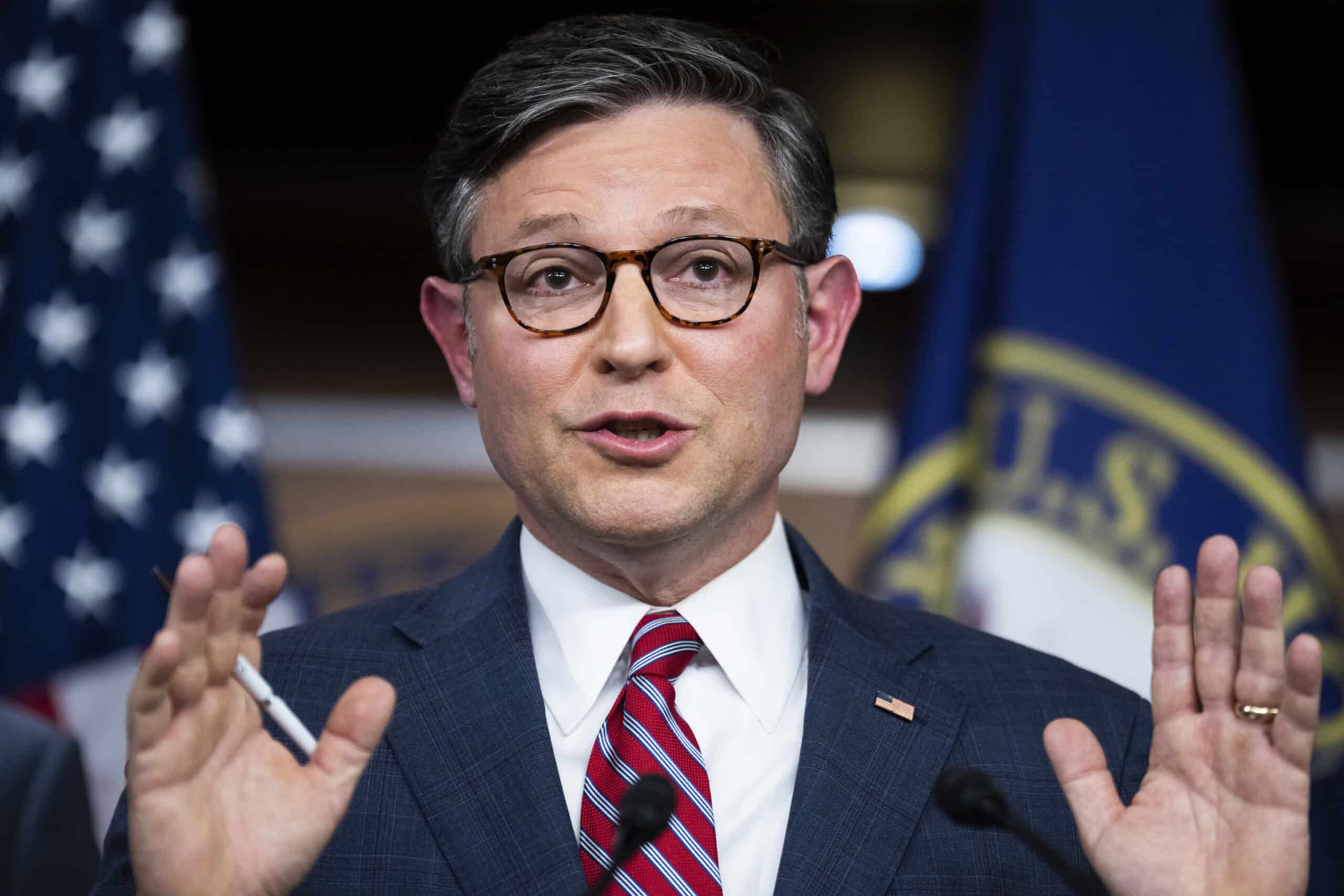Good evening. Xinjiang has been the focus of intense media attention and even U.S. policy priorities in recent years. Meanwhile, the situation in Tibet — once a hot topic of Hollywood celebrities and politicians — has faded from view. Our cover story looks at how that happened and what comes next for the autonomous region. Elsewhere, we have infographics and a detailed breakdown of Congress’s much hyped ‘China Week’; an interview with Tim Clissold on the importance of knowing China; a reported piece on efforts to plug the sanctions gaps; and an op-ed about why Beijing is keeping its wallet closed. If you’re not already a paid subscriber to The Wire, please sign up here.
Want this emailed directly to your inbox? Sign up to receive our free newsletter.

Remember Tibet?
In recent years, there haven’t been any visible, large-scale demonstrations for Tibetan independence, either inside the country or abroad. This is a big contrast to the waves of self-immolations and solidarity protests of the past and — as Nithin Coca reports — exactly what Beijing wants. If China’s digital surveillance and censorship efforts have reached their full potential in Tibet, what comes next?

The Big Picture: Takeaways from the House’s China Week
Lawmakers passed a string of bills this week designed to counter China — but with some notable omissions. This week’s infographics by Eliot Chen and Aaron Mc Nicholas look at the votes and the political agenda coming out of the House’s ‘China Week.’

A Q&A with Tim Clissold

Tim Clissold’s book, Mr. China, has been a must-read for anyone interested in living or working in China since it was published in 2004. In it, he tells the often hair-raising story of doing business in the fast-growing country during the 1990s. Clissold has gone on to write three more books on China. He is also now involved in efforts to promote the study of China and Chinese in British schools and universities. In this week’s interview with Andrew Peaple, he discusses that initiative, why China has become so toxic politically, and whether he would advise young people to make a career there today.
Tim Clissold
Illustration by Lauren Crow

Plugging The Sanctions Gaps
Under Trump and Biden, the U.S. has targeted hundreds of Chinese firms with a mishmash of sanctions and lists. But is the approach working? Eliot Chen reports.

Why Beijing Is Keeping Its Wallet Closed
The Chinese government has long been reluctant to pursue what seems an obvious fix for the economy: Giving consumers more cash. In this week’s op-ed, Lizzi Lee argues that the reasons are nuanced — and reflect much about how Beijing seeks to run the world’s second largest economy.
Subscribe today for unlimited access, starting at only $19 a month.



